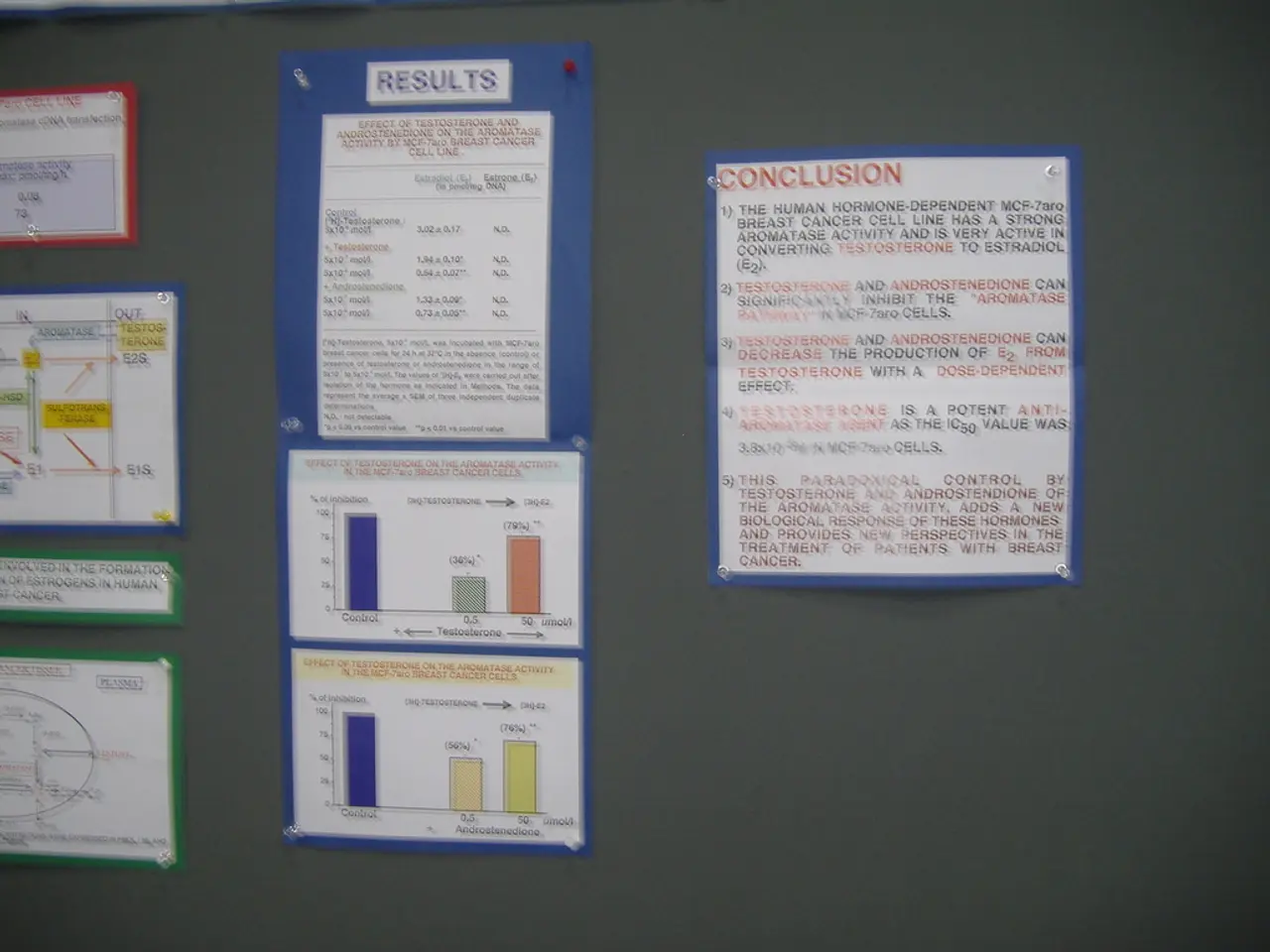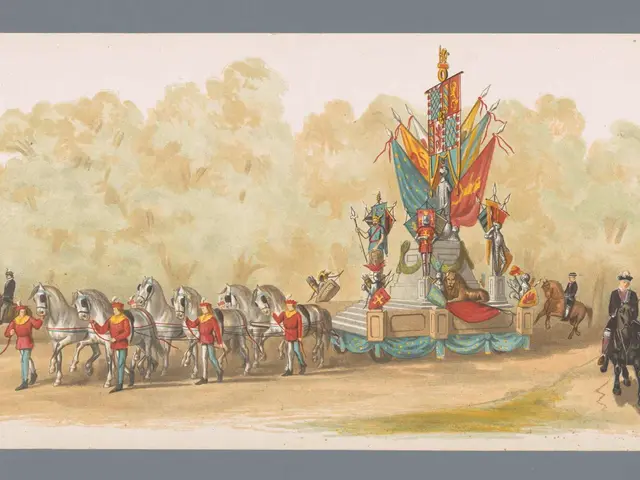Committee to Assess Future of PM and CM Removal Bills Following Opposition Dispute with Amit Shah; Proposed Laws Under Review
The BJP-led NDA government has referred three bills to a joint parliamentary committee (JPC) for review, causing a significant stir in the Lok Sabha. The bills in question are the Constitution (One Hundred and Thirtieth Amendment) Bill, the Government of Union Territories (Amendment) Bill, 2025, and the Jammu and Kashmir Reorganisation (Amendment) Bill, 2025.
The next session of the committee is likely to be convened in the third week of November, pushing the matter by around three months. The committee has been mandated to submit its report to the House by the last day of the first week of the next session.
The committee, consisting of 21 members from Lok Sabha and 10 from Rajya Sabha, has the power to call experts, associations, or anyone it deems to be an interested party, to share their thoughts on the bills.
The bills propose laws to remove the Prime Minister, Chief Ministers, and ministers in states and Union Territories if they are arrested for over 30 days on charges that carry a jail sentence of at least five years. This move has sparked concern among opposition parties, with Congress MP Manish Tewari expressing his apprehensions that the bills are against the jurisprudence of criminal justice and distort Parliamentary democracy.
Tewari further stated that the bills open the door for political misuse and throw all constitutional safeguards to the winds. Similarly, Asaduddin Owaisi of the AIMIM expressed his views that the Constitution is being amended to "destabilise governments."
The opposition has also accused the Centre of targeting them by misusing the CBI and ED, citing recent cases where incumbent CMs such as Arvind Kejriwal in Delhi and Hemant Soren in Jharkhand spent several weeks in jail on corruption allegations.
However, Amit Shah, the union home minister, has pitched these bills as an anti-corruption measure. He argues that the bills are necessary to ensure that those in positions of power are held accountable for their actions.
It is important to note that the committee's recommendations are advisory in nature, and not binding on the government. The timing for recommendations depends on the committee's specific area but typically follows the legislative calendar; no specific date for recommendations was given in the sources.
The controversy surrounding these bills has led to a huge uproar in the Lok Sabha, with opposition parties vehemently opposing the bills and accusing the government of violating the Constitution. The JPC's review of these bills will be closely watched, as it could potentially shape the future of Indian politics.
Read also:
- United States tariffs pose a threat to India, necessitating the recruitment of adept negotiators or strategists, similar to those who had influenced Trump's decisions.
- Weekly happenings in the German Federal Parliament (Bundestag)
- Southwest region's most popular posts, accompanied by an inquiry:
- Discussion between Putin and Trump in Alaska could potentially overshadow Ukraine's concerns








